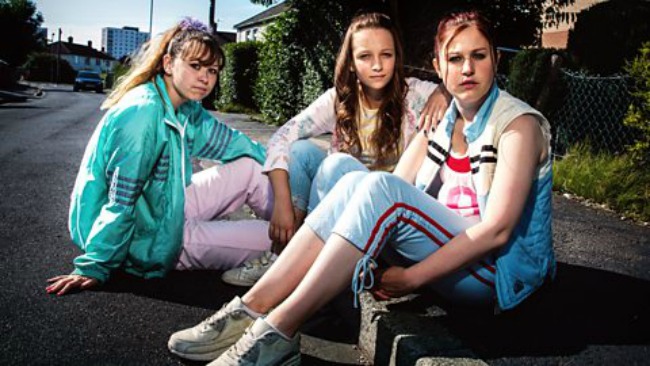The BBC last week aired a three-part TV drama called ‘Three Girls’. Based closely on real life events it focussed on three girls who were systematically abused by mostly middle-aged men who came mostly from the Pakistani community. The girls were failed in multiple ways. One way, insufficiently noted, was by today’s sexual mores which helped to make them even more vulnerable than they already were.
The three girls lived in Rochdale in England and were all teenagers. One was only thirteen when the abuse began. Another was just 15. The girls were targeted because they were vulnerable. Often their families could not offer them sufficient protection. The men offered them drink and money, thereby grooming them and drawing them into their world of abuse and sexual exploitation.
Almost no-one came to the help of the girls even when they sought help. One of the heroes of the story was a sexual health worker at their school who alerted the authorities, including social workers, the police and local politicians but no-one was interested.
Why weren’t they interested? Partly because they were lazy, partly out of a politically correct fear of being called racists, and partly because they could no longer recognise abuse as abuse.
Why this failure? One reason is that it had become so normal for underage girls to be having sex. It had been completely normalised. The age of consent meant nothing. It didn’t protect them anymore. No-one policed it either formally or informally.
In fact, the school handed out condoms to underage girls as if they were sweets. This, too, was part of the normalisation process.
In this climate, few batted an eyelash at the news that these young teenage girls were having sex with older men. Abuse was so normal it no longer counted as abuse. Statutory rape only existed in law books.
What helped create this climate? Whatever else it was, it wasn’t traditional sexual morality. It was modern sexual mores, and the sex revolution generally, which removed all boundaries and left only the principle of ‘consent’ as the one flimsy protection against abuse. The social workers, the police, the politicians, and some of the sex health workers as well believed in their own minds that these girls had ‘consented’ and therefore did nothing to protect them.
In an otherwise excellent series, Three Girls did not bring this out sufficiently (it also downplayed the role of political correctness in the Church-like cover-up). It ought to have pointed the finger more directly at today’s sexual mores, but it seems we are not yet ready as a culture to do that. Far from it, alas, which only leaves yet more girls in a vulnerable position.

















